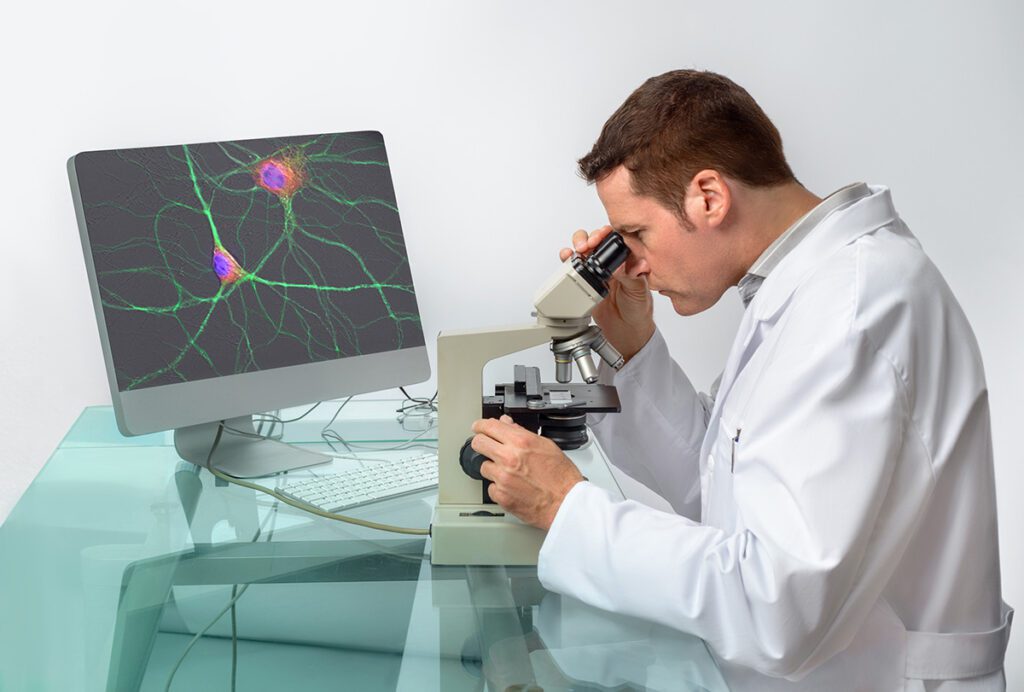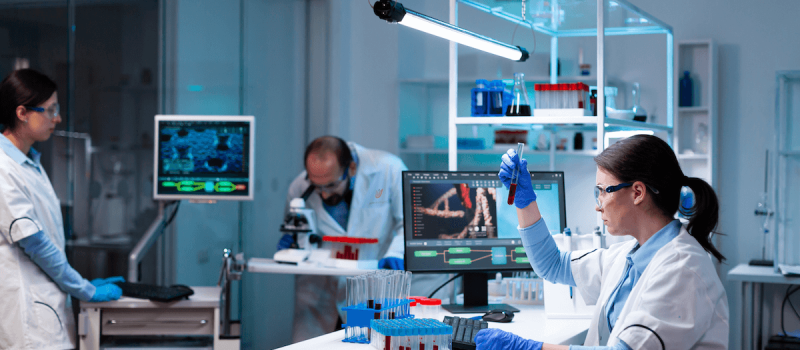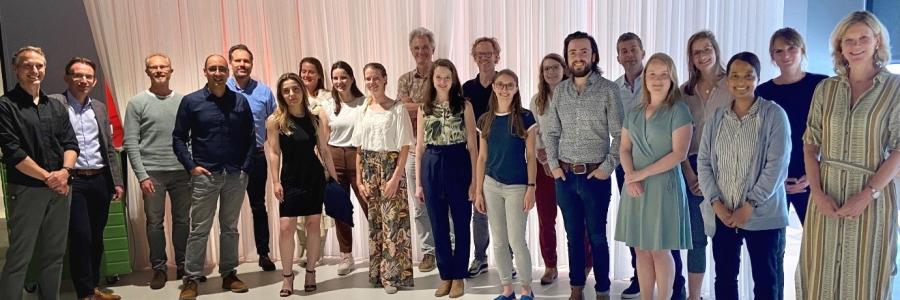BRAINMODEL / Precision Medicine for Brain Disorders
SECTION: FUNCTIONAL GENOMICS
A new consortium coordinated by the Vrije Universiteit Amsterdam and Radboud UMC has been awarded a grant of 4 million euros from ZonMW to develop a new “brain in a dish” model that can be used to study neural network dysfunction and screen for effective treatments.


The BRAINMODEL consortium includes researchers from six Dutch knowledge institutions, as well as societal partners, clinical associations, and companies. In Amsterdam, the study is coordinated by the Center for Neurogenomics and Cognitive Research and involves the Department of Human Genetics.

Living nerve cells in a dish
BRAINMODEL’s novel approach is based on patient-derived cells that are coaxed into developing a network of living nerve cells in a culture dish which closely resemble the neural networks in our brains. The method is based on ‘pluripotent stem cell technology’ (iPSC), which offers great new opportunities for understanding human diseases and finding personalized treatments. IPSC-based strategies are particularly promising for developmental brain disorders, because they overcome the problem of not having access to living brain tissue to study underlying causes.
Linking analyses to measures of outcome

Executive board of BRAINMODEL, from left to right: Prof. Nael Nadif Kasri (vice chairperson, Radboud UMC), Prof. Matthijs Verhage (chairperson, Human Genetics, Amsterdam UMC), Renee Lustenhouwer (project manager, Human Genetics, Amsterdam UMC).
BRAINMODEL’s main objective is to use iPSC-based analyses to detect abnormal cellular functions in material from patients with brain disorders and to link these to clinical outcome measures, such as EEG biomarkers and patient-relevant symptom scales. The latter work will be carried out in collaboration with two clinical centers: the N=You Kenniscentrum (N=You Knowledge Centre) in Amsterdam and the Radboud UMC expert center for rare genetic disorders in Nijmegen.
The researchers will subsequently test whether abnormal cellular properties, which cause an imbalance between the positive and negative signals that nerve cells send to one another, can be remedied with existing medication in the iPSC-derived nerve networks. Promising medicines can then become candidates for clinical trials involving patients. If no existing medication is effective, BRAINMODEL will use specially developed nanochip technology to carry out iPSC-based analyses on a larger scale. For large-scale screens, human nerve cells will be cultured on nanochips and the cellular analyses will be automated. This way, hundreds of drugs candidates can be tested. There is also the possibility of de novo design of new drugs.
